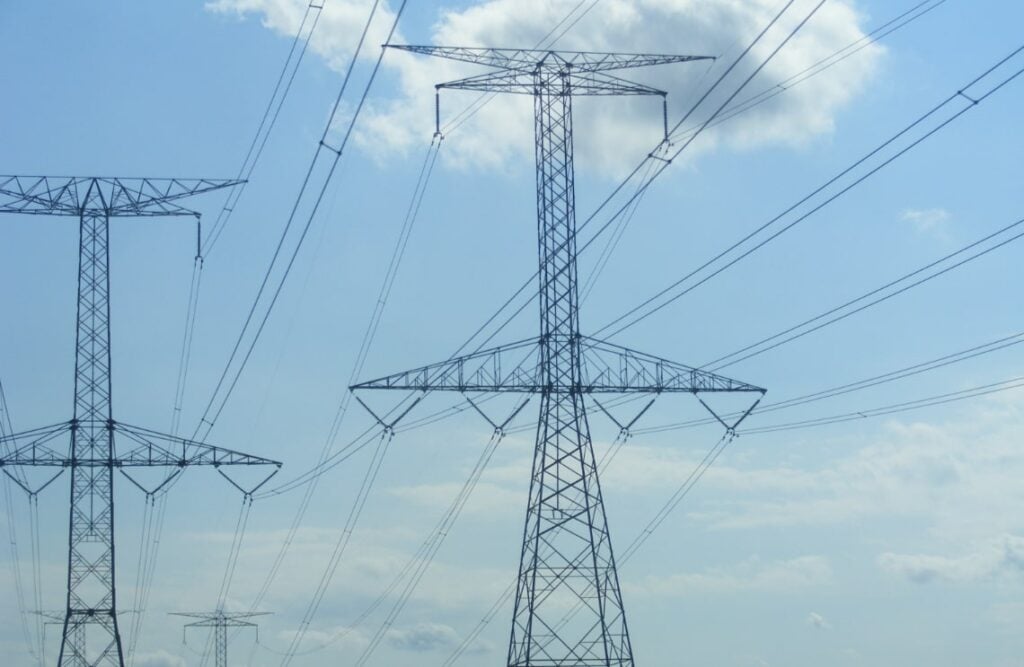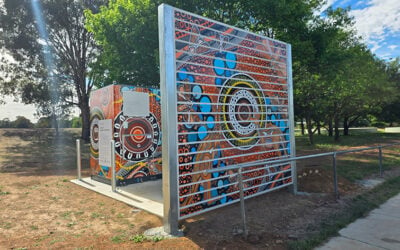
The Illinois Commerce Commission (ICC) staff has announced recommendations for the state’s first energy storage procurement programme.
Law firm ArentFox Schiff summarised the compiled report from the ICC staff.
The state set ambitious renewable energy targets of 40% by 2030 and 50% by 2040, which are now supported through the Electric Transmission Systems Construction Standards Act.
ICC staff say energy storage is crucial for meeting the state’s goals.
Try Premium for just $1
- Full premium access for the first month at only $1
- Converts to an annual rate after 30 days unless cancelled
- Cancel anytime during the trial period
Premium Benefits
- Expert industry analysis and interviews
- Digital access to PV Tech Power journal
- Exclusive event discounts
Or get the full Premium subscription right away
Or continue reading this article for free
The procurement strategy sets clear parameters for project eligibility. All facilities must be standalone operations of at least 20MW, capable of continuous four-hour dispatch with minimum 85% round-trip efficiency (RTE).
Projects must demonstrate active grid interconnection queue position or late-stage development status, while adhering to the state’s Minimum Equity Standard and labour requirements aligned with Illinois’ renewable energy certification (REC) programme.
The ICC has selected a 20-year indexed storage credit (ISC) contract model to provide developers with revenue certainty while balancing risk between utilities and developers. The model is a type of underwriting scheme similar to that proposed in New York.
The model is essentially a price guarantee agreement between energy storage developers and utilities, working like a financial safety net for both parties.
The developer sets a ‘strike price’, the amount they need to earn per unit of energy to maintain viable operations. The utility steps in to cover the shortfall when market prices fall below this strike price, ensuring the developer maintains their target income.
Conversely, when market prices exceed the strike price, the developer shares the surplus with the utility.
The committee recommends that the IPA procure 1,038MW of storage capacity, strategically divided between Ameren territory (450 MW) and ComEd territory (588 MW).
While the ICC staff generally recommend against locational preferences, the framework includes special consideration for Enterprise Zones and Energy Transition Communities in the event of a tied bid price.
The ICC’s vision extends well beyond this initial procurement. Up to three additional procurements between 2025 and 2027 target a minimum of 3GW total storage capacity.
It also recommended that the IPA plan for additional procurements in 2028 and 2029.
That bill appears to still be moving through the House, but it is similar to Cunningham’s SB3997, introduced by the State Senator in January.
The hearing on SB3997 was adjourned without a reconvene date just days after it was introduced.





